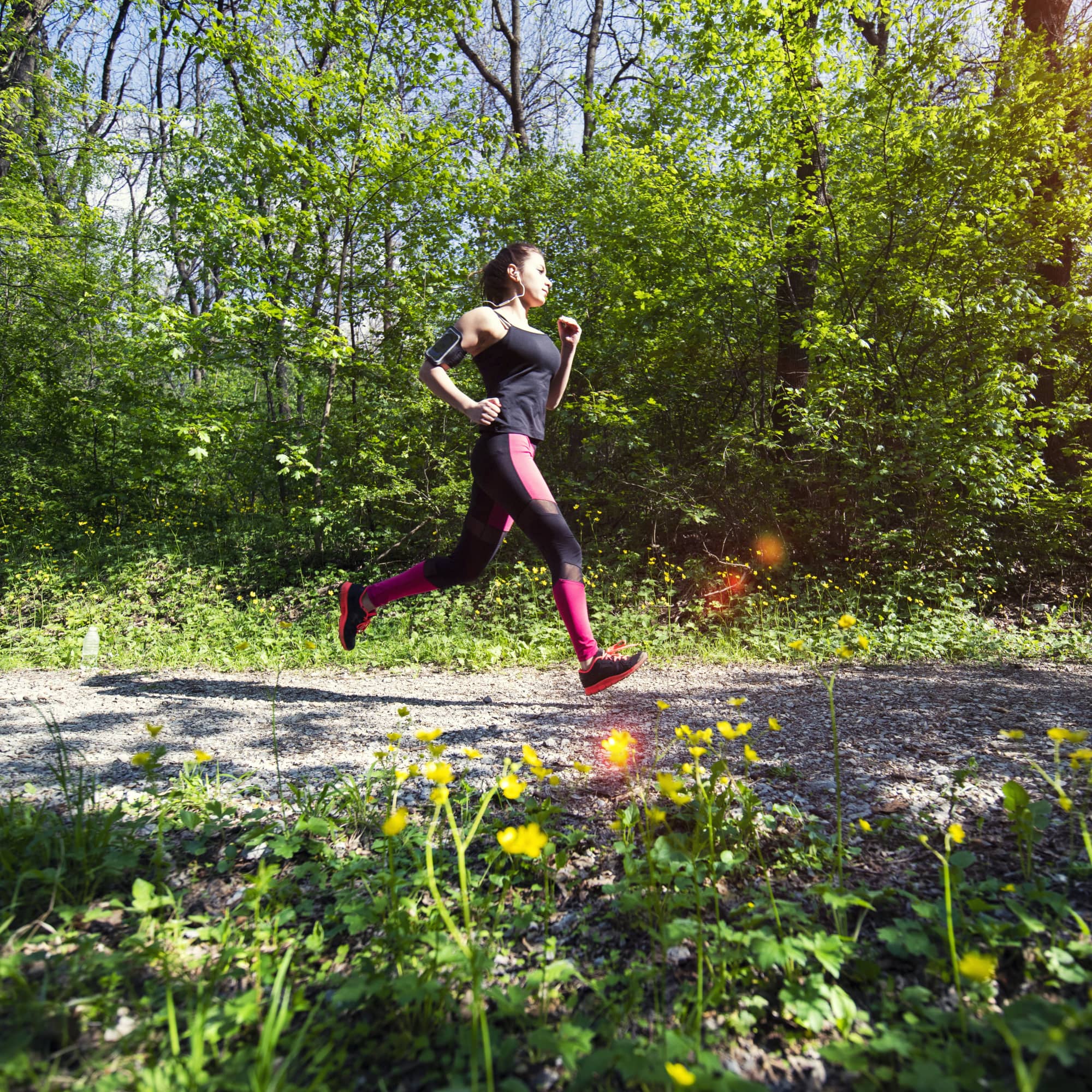
- POPSUGAR Australia
- Fitness
- Air Purifiers Will Help With Allergies, But There Are a Few Things You Need to Know
Air Purifiers Will Help With Allergies, But There Are a Few Things You Need to Know

If your allergies have recently been causing you more grief than usual, there’s a reason for it — it’s not just your imagination. Allergies are much worse this year, according to recent data that found the pollen count to be higher than last year’s. If you’re an allergy sufferer, you know all too well that this means an increase in sneezing, a runny or stuffy nose, watery and itchy eyes and ear congestion, to name a few symptoms.
While allergy treatments require a number of approaches including medication and regular cleaning, another common way people manage their allergies is through the use of an air purifier. “Air purifiers are designed to remove allergens and particles in the air such as dust, pollen, smoke, mould, and animal dander,” Dr Lizz Kinyua, MD, a medical consultant at Oh So Spotless, told POPSUGAR.
“It’s like a vacuum cleaner designed to clean the air instead of the floor. It consists of a filter and fans. The fans suck in the air, the filter traps the allergens, and the air released back into the room is clean and pure.”
There are a number of styles of air purifiers and filters but many of them contain high-efficiency particulate air (HEPA) filters that remove particles from the air. HEPA filters work by pushing air through a fine mesh that traps particles so you’re not breathing these in.
Do Air Purifiers Actually Work?
Air purifiers are helpful with reducing allergy symptoms, yes. The HEPA filters remove airborne particles that are known to trigger seasonal allergies and as such, you can save yourself a sneezing session by investing in an air purifier. Make sure to look for a device with a HEPA filter as these are specifically designed to catch allergy-related particles, while other filters simply remove gases or odours.
Another factor you have to consider is the size of the room you are using the air purifier in. The device should be chosen in reference to room size, so it can adequately purify the air. If you put a small machine in a large room, chances are it’s not really doing much to help.
When it comes to using the air purifier, experts recommend sleeping with the device on as well, as it helps create a more comfortable sleeping environment. “Think of it as doing the extra work of benefiting your health while you sleep,” Kenneth Mendez, CEO and president of the Asthma and Allergy Foundation of America, told POPSUGAR. “In general, most of your time spent in your bedroom is for rest and sleep. If you work overnights, try running your air purifier while you sleep during the day.”
And finally, the third thing to consider is how often you clean your home. While an air purifier might clear the air of sneeze-inducing particles, there are many others lurking around your home, including in the carpet or rugs, in your bedding and resting on surfaces. So, regular cleaning including vacuuming, dusting and sheet changes is also necessary to keep allergies at bay.



